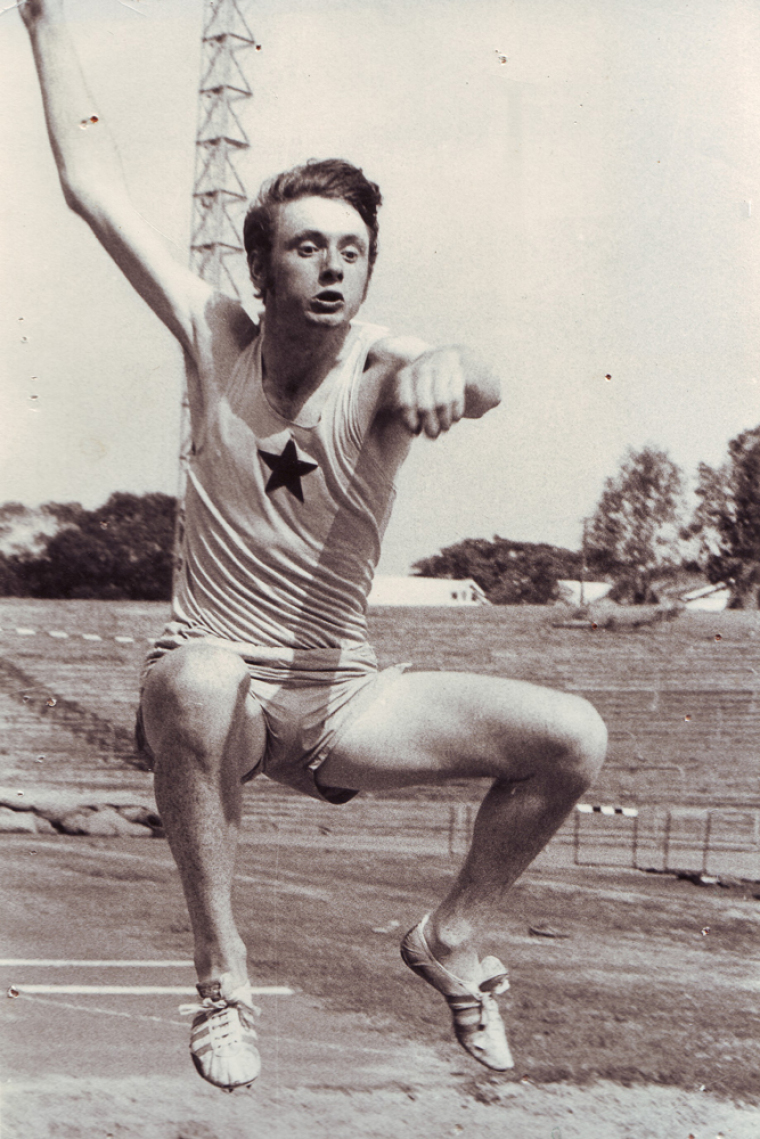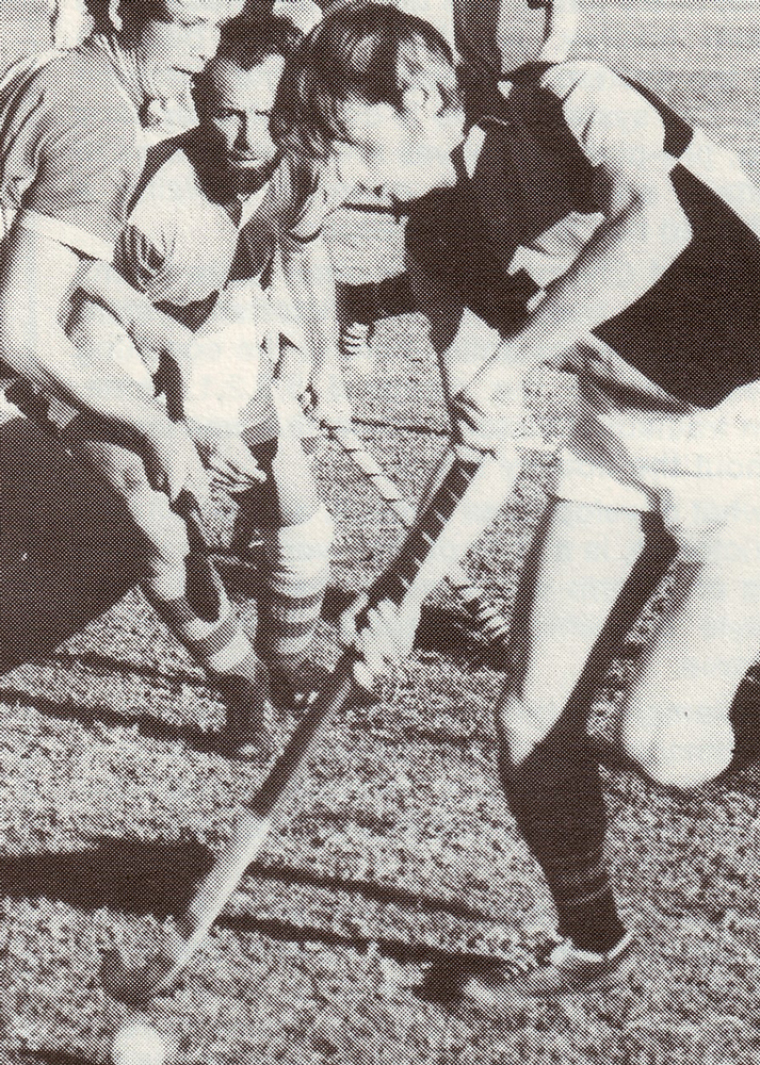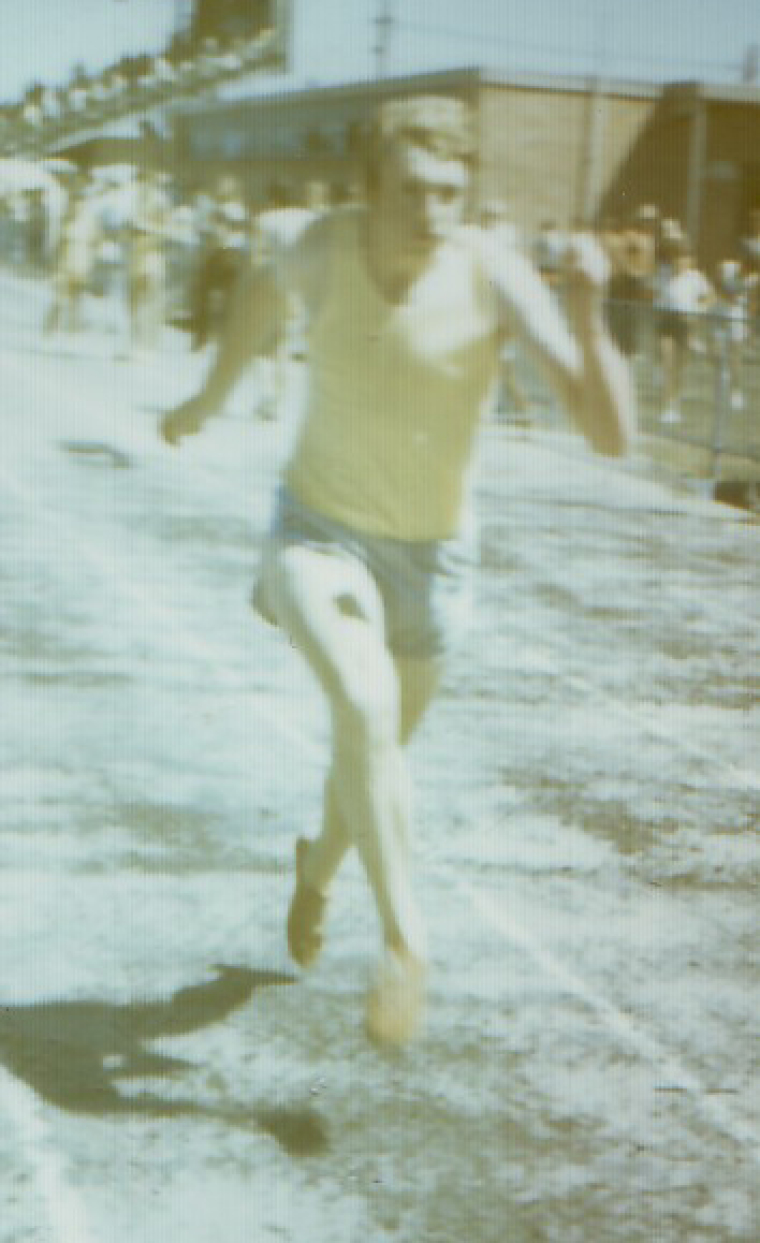
Much of the publicity about exercise these days makes people feel guilty if they don’t do it, don’t enjoy it, or have health problems that prevent them from doing it.
Although more and more and more research is showing that exercise is beneficial, you should be reassured that there is no “one right way” to get the benefit for your own body, in your own way, according to your own circumstances. Any movement and activity is better than none, but other than that these various articles indicate that, in deciding what exercise is best for you, then “it all depends”
Do something that feels good.
Some very recent research from 2017 indicates that, if you do something you like doing, you will not only feel better—but it will be better for you. The researchers trialled various pre-exercise spiels and gimmicks, telling some that these were beneficial and others that they were not.
They found that, as expected, a self-fulfilling prophecy that the training unit was less strenuous for the test persons when they started out with a positive attitude.
The researchers further commented: "Not least, the findings impressively show for all those who don't consider themselves to be great sportsmen and -women—the right product really can make sport more pleasant, if 'only' you believe in it."
We are all different!
Research back in 2010 centred at the University of London showed that your genes are paramount in deciding your body shape and weight maintenance, and determine the effectiveness of any jogging, gym work or aerobics.
The scientists found that aerobic exercise does not benefit everyone in equal measures, and its usefulness is determined by a person's genes; in their study, which covered 14 different research institutions, 20 percent of people did not receive any health benefits from aerobic exercise. However, they reported that other types of exercise may be better for these people.
This may be because their bodies already, naturally, maintain a certain level of metabolic activity. The study, however, clearly indicated that there was always an increase in muscle tone and general fitness with exercise, a point that the journalists who wrote the headline of the article seem to have missed.
If a patient is not likely to benefit much from aerobic exercise, the physician could turn to other types of exercise or alternative therapies. For example, sometimes weight-bearing exercise to increase muscle strength may be more appropriate for some people. This would be one of the first examples of personalised, genomic-based medicine, explained James Timmons of the University of London who headed the study.
The outcome of the study was a hope that before too long, doctors and physiotherapists will be able to target those who may stand a greater chance of benefiting, and prescribe more effective preventive or therapeutic measures to the others.
Some of us are genetically determined to be slower "endurance" exercisers, and others more like "sprinters". Each of us has a unique mix of "fast twitch" muscles which are sublimely suited to aerobic conditions, and "slow twitch" muscles which work best under sustained, anaerobic exercise. Training helps at any level of ability, because muscles that we use a lot will get stronger than those we don't use.

The benefits of “some” exercise
There is plenty of evidence that indicates exercise can benefit all of us—including the elderly and infirm—even though we may not all benefit from high-intensity or aerobic exercise. Even doing their own housework can have health benefits for the elderly.
Casual observations, studies in sociology and research in physiology all indicate that humans are meant to move, and many research studies confirm that exercise is beneficial for overall health and recovery from illness or medical treatment. Laziness is also condemned in Scripture: "The soul of the lazy man desires and has nothing; but the soul of the diligent shall be made rich." (Proverbs chapter 13, verse 4.)
On an ABC program, April 16, 2015, former athletes and truck drivers in USA and Queensland described how truck drivers could be healthier if they just did several minutes of vigorous exercise each day—just “getting out of the truck and moving” when they had their breaks. It seemed to re-set their metabolism and provided an amazing improvement in their general well-being.
Scientific explanations
There are many scientific reasons for the observed health benefits of exercise. Stronger muscles will hold your bones, ligaments and general soft-tissues in better shape and allow you to move more confidently without tripping. It improves blood circulation, which delivers oxygen and nutrients, and even hormones such as insulin (and others) to every cell in your body—providing faster healing and more accessible energy every minute of the day.
These days, unlike in my youth of the 1950s, medical practitioners recommend and tailor gentle exercise for people recovering from a whole range of medical conditions from hear attack victims to those recovering from cancer chemotherapy.
https://www.sciencedaily.com/releases/2015/02/150224102835.htm
http://www.abc.net.au/catalyst/stories/4459555.htm
And as more research is done in this area, more benefits of exercise pop up. They have now found a reason that the actual functioning of the brain too is improved, due to the increased production of a protein called BDNF (Brain-Derived Neurotrophic Factor)—which means it is a chemical that helps nerve cells in the brain to communicate with each other more effectively and keep the brain buzzing along.
Exercise does help; balance is the key
As a youngster I was an exercise nut. My passion was hockey, but I played any sport and represented my school and other organisations as a triple-jumper and cricket too. I was one of those small kids that could never, ever sit still.
This passion for sport has influenced much of my career—from my sports writing to my ministry founding the sports chaplaincy in 1982, to being a chaplain myself of the Australian Cricket team, to one of my current Missions providing respite to sportspeople and another in mentoring young sports writers.
Now, as an older and portly gentleman, I prefer sedentary exercise. Although I was surprised recently that my 30-something soccer-playing son could not keep up with me on a brisk walk on the beach!
The Apostle Paul was quite right when he said that exercise does help a little (I Timothy 4 verse 8); although in the context of the times, people did a lot more exercise in the course of their work and he wasn’t referring to “going to the gym” or keeping fit. He was probably saying that, although exercise helps the physical human condition, there is another sphere entirely, the spiritual condition that demands far more of our attention. Jesus said that what does it profit a man if he gains the whole world and loses his own soul.
There are nonetheless passages in the Scriptures that seem to allude to a physical well-being. We are temples of the Holy Spirit inferring there is a responsibility to maintain good health. When sick, a little wine is a good medicine says Paul who on his missionary’s journeys was accompanied by the medical physician Luke. And Paul makes reference to sports competitions.
It seems that 'balance' is the all-important sentiment that is emphasised in the Scriptures. Just as there is today, a well-adjusted balance required for physical well-being, so too there is a balance needed for spiritual health.
Each of us needs to be careful if increasing our exercise, start slowly and consult a medical practitioner. It is important we find what is right for us, and not listen to what might be right for others. This way we will benefit from moderate exercise to help a range of health conditions, including keeping our brain alert well into old age.
This is a revised article which refers to previous articles published in 2010, 2015 and includes recent research (2017).

Dr Mark Tronson is a Baptist minister (retired) who served as the Australian cricket team chaplain for 17 years (2000 ret) and established Life After Cricket in 2001. He was recognised by the Olympic Ministry Medal in 2009 presented by Carl Lewis Olympian of the Century. He mentors young writers and has written 24 books, and enjoys writing. He is married to Delma, with four adult children and grand-children. Dr Tronson writes a daily article for Christian Today Australia (since 2008) and in November 2016 established Christian Today New Zealand.
Mark Tronson's archive of articles can be viewed at http://www.pressserviceinternational.org/mark-tronson.html

Dr Mark Tronson - a 4 min video
Chairman – Well-Being Australia
Baptist Minister 45 years
- 1984 - Australian cricket team chaplain 17 years (Ret)
- 2001 - Life After Cricket (18 years Ret)
- 2009 - Olympic Ministry Medal – presented by Carl Lewis
- 2019 - The Gutenberg - (ARPA Christian Media premier award)
Gutenberg video - 2min 14sec
Married to Delma for 45 years with 4 children and 6 grand children